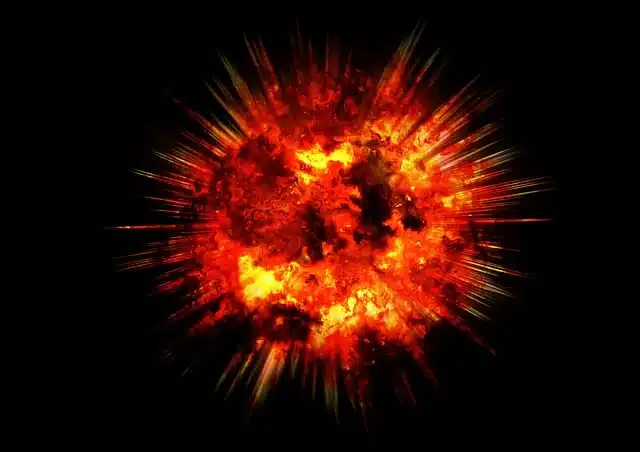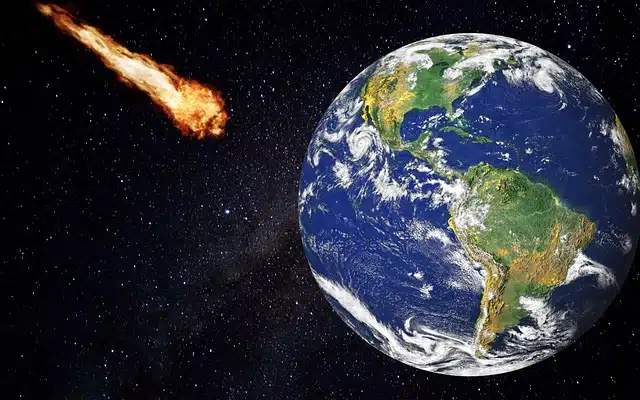
Abiogenesis refers to the generation of life from inert matter.
The generation of life from inert matter is called abiogenesis . It is a process that involves the development of a living being from a simple organic compound.
A quick look at the etymology of this term shows us, on the one hand, the prefix a- , which in this case refers to the absence of something, or serves to deny a concept, more precisely bio , that is, "life." ; In the last part of the word we have the concept genesis , which we can translate as "beginning or origin ." In summary, it is possible to deduce that abiogenesis tells us about two moments: one in which there is no life; another, in which it has arisen from inert elements.
What is abiogenesis
Abiogenesis is studied by science to try to find an explanation for the creation of life on planet Earth . Experts believe that this process developed between 4.4 billion and 2.7 billion years ago, although there are no scientific certainties.
These two points on the timeline are far from capricious: it was approximately 4.4 billion years ago that, according to scientific researchers, water vapor first found the right conditions to condense; On the other hand, various evidence suggests that the most remote signs of life date back to 2.7 billion years ago.

One theory states that abiogenesis was produced by organic molecules brought by meteorites from outer space.
The view of science
It is important to keep in mind that abiogenesis involves the scientific explanation of what religion mentions as divine or supernatural. In other words: science, with abiogenesis, seeks the natural principle that led to the emergence of life, while religion attributes creation to the action of one or more gods.
Already in Ancient Greece there were thinkers who, in a certain way, spoke of abiogenesis. With the advancement of scientific development, indications of how this process could have developed began to be found through complex studies carried out on rocks, meteorites and fossils.
Broadly speaking, abiogenesis maintains that a natural process allowed, from abiotic molecules , the development of simple organic molecules . These molecules, in turn, evolved into protobionts , species of protocells that allowed the emergence of prokaryotic cells .
Scientific studies on abiogenesis
To reach the point at which it is possible to reconstruct the event(s) that enabled the emergence of life on our planet , scientists must rely on different approaches, which are based on laboratory and field studies.
In the laboratory, chemical tests are carried out, and certain astrochemical processes are also observed ( astrochemistry studies the composition of diffuse material and stars in interstellar space) and geochemical processes (geochemistry is the study of the dynamics and composition of the terrestrial chemical elements) that generate the constituents of life, according to current notions of the conditions of the natural environment that the Earth presented so many billions of years ago.
Iron-sulfur world theory and extraterrestrial origin
Among the most relevant hypotheses of abiogenesis is the iron-sulfur world theory . It was stated by a German chemist named Günter Wächtershäuser between 1988 and 1992 , and he proposes that genetics was preceded by a primitive type of metabolism , if we understand the latter term as a cycle of reactions capable of producing energy that other processes can take advantage of . According to this theory, each metabolic cycle produced compounds of increasing complexity, and all of this took place on the surface of some minerals.
It cannot be failed to mention that some theories maintain that abiogenesis had its starting point beyond Earth. In this case, it is alleged that meteorites that fell on our planet brought with them the first organic molecules.
